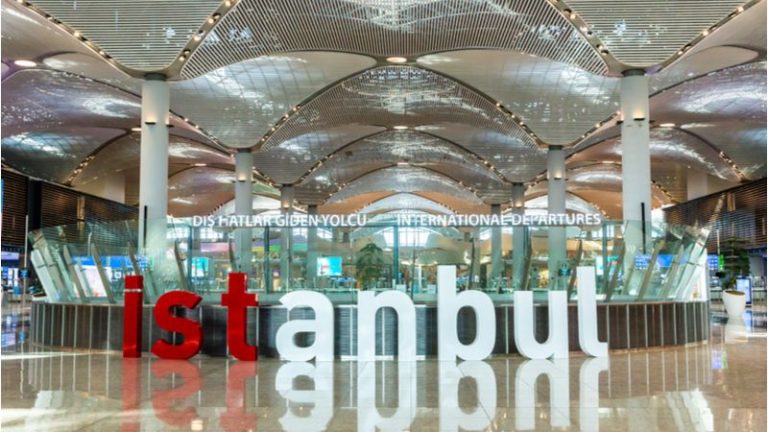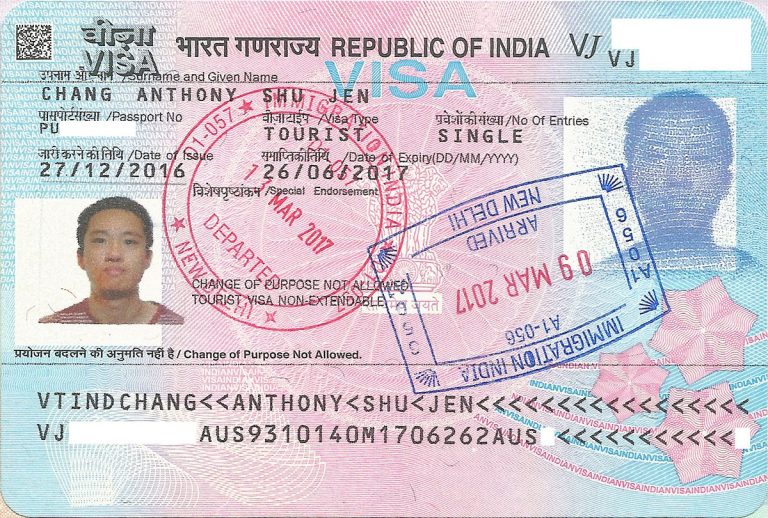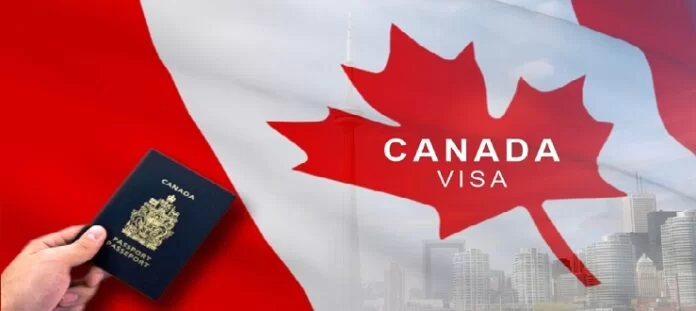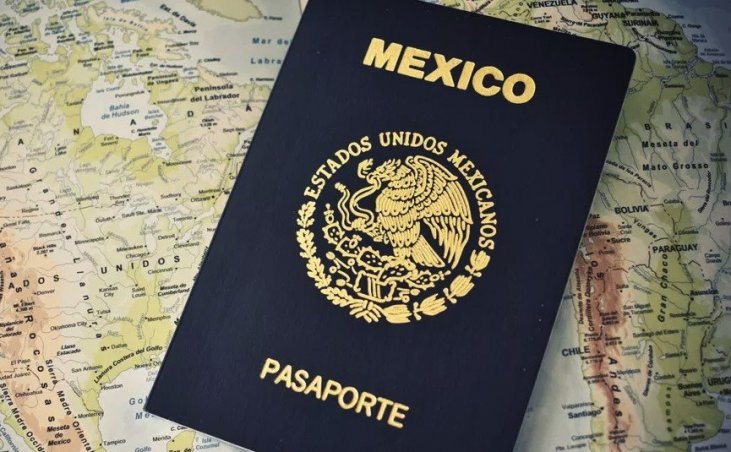Medical Tourism in India: How to Obtain a Medical Visa and What to Expect
Are you tired of long wait times and exorbitant medical costs in your home country? Look no further than India for top-notch medical care at a fraction of the price. With its world-renowned hospitals and highly skilled doctors, medical tourism in India has become increasingly popular among international patients. But before booking your flight, it’s essential to understand how to obtain a medical visa and what to expect during your stay. In this blog post, we’ll guide you through the process and provide helpful tips for making the most out of your medical trip to India. Get ready to embark on a journey towards better health with our comprehensive guide!
What is Medical Tourism?
Medical tourism is the process of traveling to another country for medical treatment. India has become a popular destination for medical tourists, as it offers high-quality, affordable medical care. BUSINESS VISA FOR INDIA
Obtaining a Medical Visa to India
To obtain a medical visa to India, you will need to submit the following documents to the Indian embassy or consulate:
A completed visa application form
A passport-size photo
A letter from your doctor detailing the reason for your travel
Evidence of financial means to cover your stay in India (such as a bank statement)
A letter of invitation from the hospital or doctor you will be visiting in India (if applicable)
Your passport, which must be valid for at least six months from the date of your intended travel.
What to Expect When Traveling to India for Medical Treatment
When traveling to India for medical treatment, it is important to be prepared. Here are some things you can expect:
Long wait times: Due to the high demand for medical care in India, you may experience long wait times at hospitals and clinics. It is advisable to bring something to occupy your time, such as a book or tablet. MEDICAL VISA FOR INDIA
Language barriers: English is not widely spoken in India, so you may have difficulty communicating with hospital staff and doctors. It is recommended that you learn some basic Hindi phrases before your trip.
Culture shock: India is a very different place from most Western countries. Be prepared for culture shock by doing some
Advantages of Seeking Medical Treatment in India
Medical tourism in India has become increasingly popular in recent years, as the country offers high-quality, affordable medical care. In addition to its low cost, there are several other advantages to seeking medical treatment in India:
- A wide range of treatments and procedures are available.
From heart surgery to cosmetic procedures, you can find almost any type of treatment in India. And with a large number of hospitals and clinics to choose from, you’re sure to find one that meets your needs and budget.
- English is widely spoken.
Although English is not the official language of India, it is widely spoken throughout the country, which makes communication between patients and medical staff much easier. This is especially important when it comes to complex medical procedures.
- The climate is generally good for recuperation.
India’s climate is warm and humid, which is ideal for post-operative recovery. And with plenty of sunshine, you’ll be able to get out and about quickly after your procedure.
- You can combine your treatment with a holiday.
India is a country with a rich culture and history, so while you’re undergoing treatment you can also take the opportunity to explore its many sights and attractions.
How to Obtain a Medical Visa for India
A medical visa for India allows foreign nationals to enter the country for the purpose of receiving medical treatment. There are two types of medical visas available: a short-term medical visa and a long-term medical visa.
To apply for a medical visa, you will need to submit the following documents to the Indian Embassy or Consulate in your home country:
– A valid passport with at least six months of remaining validity and at least two blank pages
– Two recent passport-size photographs
– A completed visa application form
– A letter from your doctor or hospital in India confirming your appointment and detailing the nature of your medical treatment
– Additional documents may be required depending on your specific case. For example, if you are traveling to India for organ transplant surgery, you will need to provide proof of relationship to the donor, such as a birth certificate or adoption papers.
Once your application is processed, you will be issued a medical visa that is valid for up to one year. If you require multiple trips to India for treatment, you can apply for a long-term multiple entry visa. This type of visa allows unlimited entries into India over a five year period.
Conclusion
Medical tourism in India is a great way to receive quality healthcare at an affordable cost. It is important, however, to properly research the country and procedures beforehand and apply for a medical visa if necessary. With careful planning and preparation, you can rest assured knowing that your trip will be safe and successful. By choosing India as your destination for medical treatment, you will benefit from the latest treatments offered by top hospitals while saving money on high-cost treatments back home.






